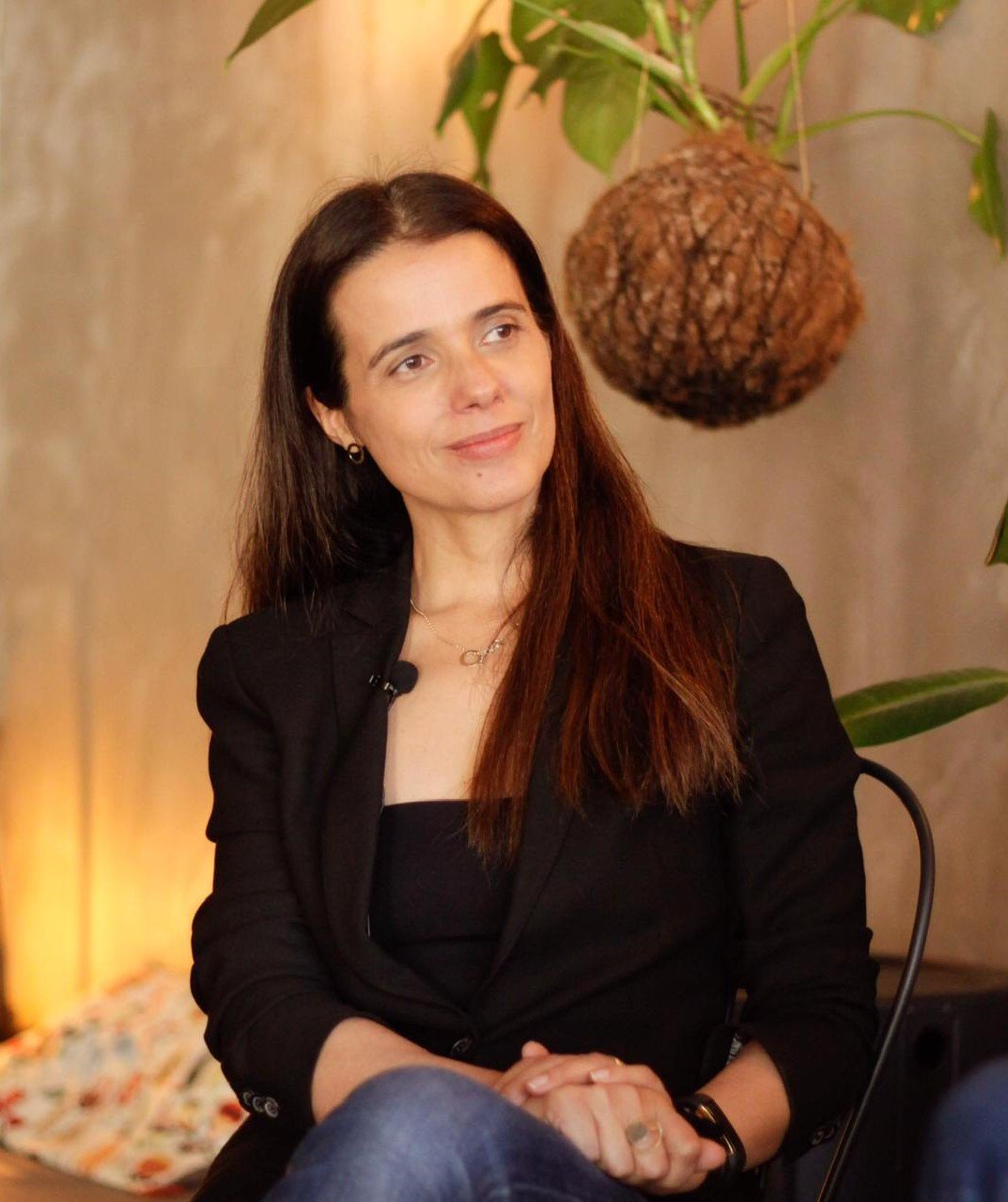INTERVIEW #109 NAE
Founded in: 2008
Founded by: Aléx and Paula Pérez
Stores: Shipping worldwide and two physical stores in Lisbon.
Price range: 70€ - 150€
Instagram: @naeveganshoes
Welcome to a Sustainable Closet can you briefly tell us about NAE and why did you start your brand?
NAE means No Animal Exploitation and carries our mission: an animal-friendly and ecological alternative against human exploitation. We not only focus on the natural and ecological materials but also on the design, style and quality that Portuguese footwear is recognised. I have been vegan for a long time and one of the main challenges I had was finding beautiful and comfortable footwear without animal products. Nae was created in 2008 with the purpose of being an ethical and sustainable alternative to existing footwear, adopting the principles of veganism in the footwear industry. It was born out of a personal need and also because I wanted to test myself as an entrepreneur, and I knew I had to do this with a project that I totally identified with. Find more about us here.
What has been the hardest part about producing vegan shoes? Are there any particular challenges related to customers, supply chain, material, quality and so on?
The main challenge was finding sustainable materials and securing factories for production. Starting a brand is not easy, and it becomes even more difficult when the goal of that brand is to make shoes using sustainable and natural materials. It requires time to research new materials and find reputable and trustworthy suppliers. Then, it’s about explaining to factories that have been making leather footwear throughout their existence that it is possible to make shoes using these materials. It was not an easy process. It required a lot of persistence and confidence in the product we were presenting.
What are some of the materials you are using and in what ways are they a responsible choice?
The materials we use are a responsible choice because one of our main missions is to work only with suppliers that do not use any animal-derived components in the production of their fibres and have certifications that ensure the minimisation of their environmental impact. For example, the Piñatex we use is a certified B Corporation. It is a fibre extracted from pineapple leaves, a byproduct of an existing harvest, so there is no waste. The microfibers we use are OEKO-TEX certified, which means that there is no water waste in their production and the release of CO2 into the environment is very low, especially when compared with animal leather. Find out more about the materials we use here.
Can you please tell us more about the production? Who are the people who make the shoes and how are their rights guaranteed?
We manufacture in four factories in the north of Portugal and two factories in Spain. This physical proximity to our factories is also a part of our work ethics, allowing us to maintain permanent contact with our factories. The Portuguese Labor Code is the legal diploma that governs the labour relationships between the employer and the employee. As EU member-states, Portugal and Spain are also legislated by the vast labour regulations of the Treaty on the Functioning of the European Union and the European Labor Law. The Hygiene, Safety and Health Protocol at work is mandatory under the law in every Portuguese and Spanish workplace. Moreover, our company and factories are regulated by a Code of Ethics & Professional Conduct. The Code outlines the ethical principles and behaviour standards in the workplace. To prevent workplace accidents, each factory worker has access to personal protective equipment, machinery certification and safety training.
Tell us more about the design! Why do you make the shoes that you do?
We produce footwear and accessories for both men and women, ranging from classic to sporty styles. The materials we use are also diversified, so we can say that our range of products is quite comprehensive. Our bestsellers are the more casual products, not only because they are comfortable, but also because they can adapt to various looks and occasions. We focus on functional and comfortable collections with the clear goal of offering our customers the opportunity to find in a single pair of shoes the comfort and versatility they seek. At NAE, we believe that “less is more”.
What have been and are the major challenges of running your own brand?
The biggest challenges are related to footwear production and material research. Supporting ethical production, combining sustainability with veganism, and not neglecting the quality of the product are all part of the brand’s essence.
Who are your customers and what is the normal feedback that you get?
Our customers are mostly well-informed and concerned about veganism and sustainability. They have grown with us over these 15 years, and today, they are more demanding, which makes us very happy because it gives us room to improve and present a increasingly high-quality, ethical, sustainable, and vegan product.
What would you say is the shoe industry's biggest challenge to becoming more sustainable? What is needed and what do you think would be helpful to make a change?
We believe that the challenge is mainly in finding high-quality materials that are sustainable and have no ecological footprint. It is not easy to combine these two elements when it comes to footwear. Additionally, the manufacturing process itself needs to be rethought to minimise its impact on the environment. Finally, it is necessary for more brands to embrace slow fashion and move away from fast fashion, which continues to be one of the top polluting industries in the world.








